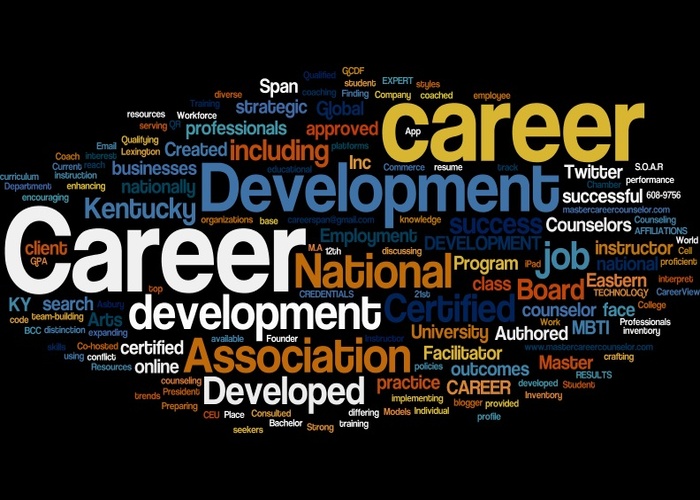The Future of Education: Predictions and Opportunities

As the world changes rapidly, so do the ways we teach and learn. Education is now moving beyond classrooms with chalkboards and desks to be seen through the lens of innovation, access, and personalization. The next decades will see, dramatic changes that will alter the student experience and higher learning landscape.
Institutions like Presidency University, with their forward-thinking academic framework, are already embracing these transformations. Through specialized programs and cross-disciplinary initiatives at the Presidency School of Commerce, learners are being equipped with future-ready skills and immersive learning experiences that reflect emerging global trends.
Key Development Trends in Education
1. Personalized Learning Pathway
Artificial Intelligence (AI) and data analytics are set to transform education by creating tailored learning environments. Students will experience less One-size-fits-all education, moving towards an adaptive learning model that will track student progress, evaluate needs and then adjust the content to best meet the students. Students will be able to learn at their own pace as well as reach deeper understanding.
2. Hybrid and Virtual classrooms
Digital platforms ushered in blended learning. It could be that the physical classroom is become optional. Students learning through Virtual Reality (VR) and Augmented Reality (AR) technology will be able to recreate propositions and scenarios, where history will come alive, where scientists can collectively experiment with scientific propositions, whilst being physically situated in different locations. In other words, education will happen, anytime and anywhere.
3. Global Classrooms and Diverse Collaboration
The incorporation of technology will dissolve the barriers of time and space allowing for the fact that a student in India could initiate a project with students in Brazil or the UK, thus enriching their learning experience in a way that only diverse perspectives and real-time collaboration can afford.
4. Emotional Intelligence and Ethics
Education in tomorrow’s environment will no longer concentrate solely cognitive skill sets. Tomorrow’s educational focus will be on emotional intelligence in a digital citizenship space and with mental health being part of the educational focus. Students will learn to develop a healthy relationship with the digital world whilst developing personal resilience, empathy and ethical understanding in terms of themselves and others.
Conclusion
Our education system is on the brink of development opportunity. Tomorrow’s classrooms will be intelligent, inclusive, and unrestricted. If we can succeed with imaginatively incorporating technology, approach creativity as an educational product, and develop the whole person, then we have every opportunity to set students and future generations up for success to engage with and respond to the challenges of a world that is consistently in flux.
At Presidency University, this transformation is already underway. With its emphasis on innovation, social responsibility, and future-oriented learning, the university aims to produce graduates who are not only knowledgeable but are also flexible, empathetic, and ethically grounded—individuals ready to become change agents in an unpredictable global landscape.
The future of education is not about gaining knowledge like a bank deposit, the future of education is about equipping learners to be flexible, placing greater value on empathy, social responsibility and providing opportunities to be a change agent in an ever-changing world.
Written by,
Dr. Geetha C.J. Assistant Professor
Presidency School of Commerce













 Rajanukunte, Yelahanka, Bengaluru, Karnataka, Pin: 560119, India
Rajanukunte, Yelahanka, Bengaluru, Karnataka, Pin: 560119, India
 +91 9022092222
+91 9022092222